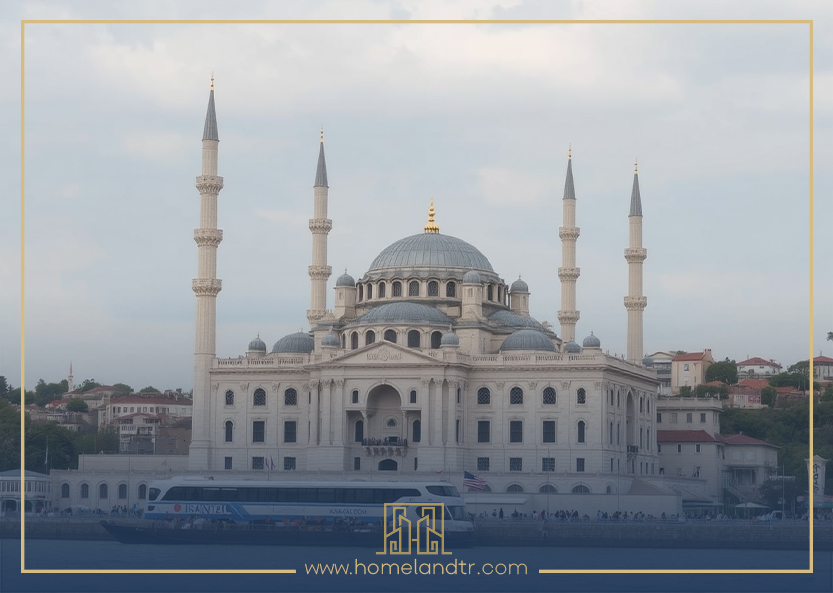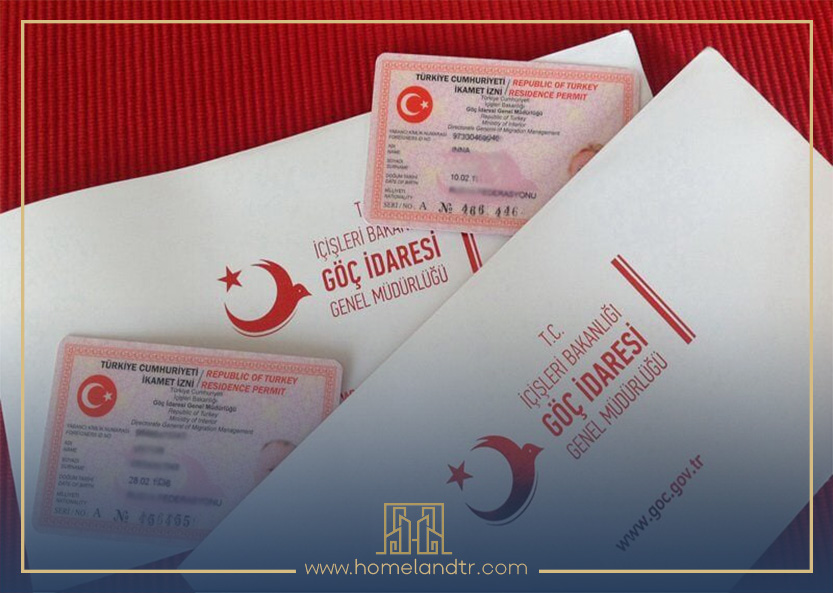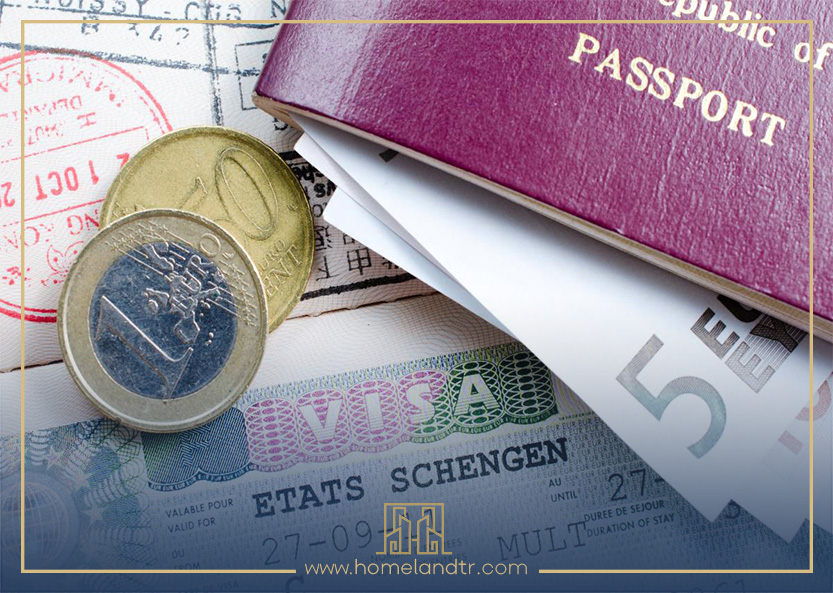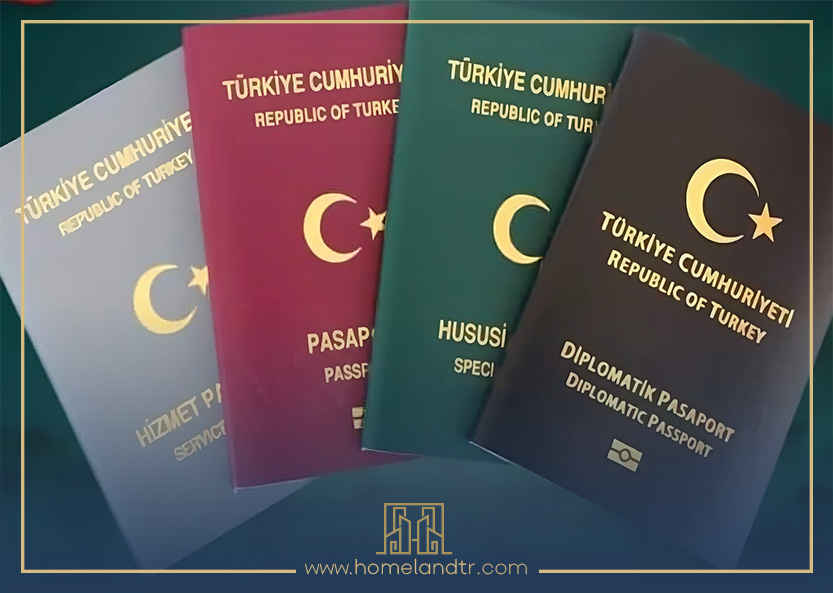Types of Real Estate (Property) Taxes in Türkiye
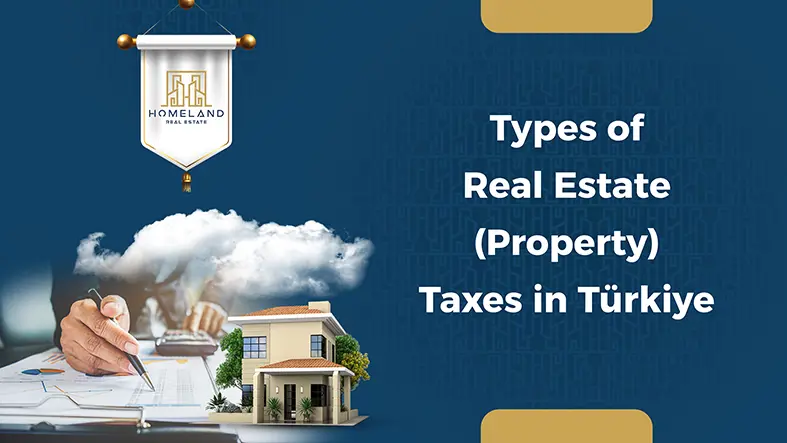
Types of Property Taxes in Türkiye
Many countries in the world impose exorbitant taxes on private property; yet, the situation is quite different in Türkiye, as property taxes are considered reasonable compared to other countries in the region. These taxes are subject to the Turkish tax system and applied between citizens and international investors alike; which encourages foreigners to invest in Türkiye. Also, it is the responsibility of every property owner in Türkiye to pay specific taxes. Therefore, awareness of these taxes is necessary to know what is involved in buying a property and investing it in the country. This entails the fulfillment of specific sums of money to the Turkish Tax Department when conducting some transactions. The property tax is divided into 4 sections:
- Property Transfer Tax
- Value-Added Tax (VAT)
- Annual Property Tax
- Monthly Tax for Residential Complexes (Aidati)
Property Transfer Tax
It is the most prominent and famous tax in real estate transactions within Turkish territory; as this tax is paid to officially register the property in the Turkish Land Registry Department and transfer it from the name of the old owner to the name of the new owner. The tax's value is calculated at 3.9% of the value of the property registered in the title deed. This type of tax is also applicable to all real estate, regardless of type or area.
In 2019, this tax was reduced by the Turkish government to 2%. However, this reduction soon ended at the end of 2019, and the tax returned to its previous value.
Naturally, this tax is imposed on the investor; however, some construction companies share the amount with investors to encourage them to own property in their residential complexes, or it is canceled in some cases if the land on which the housing project is built belongs to the government.
Value-Added Tax (VAT)
According to the property ownership law in Türkiye, VAT is imposed on real estate sales for each property whose area exceeds 150m2, while this tax is not applied to properties with an area smaller than that. The value of this tax ranges from 1-18%; depending on the property's location, the construction company, whether governmental or private, and other factors on which the government determines the tax value for each property.
This tax is not imposed on resale properties in the country, but only on new properties that are sold by construction companies for the first time. This tax is also imposed on foreigners and citizens alike; however, what distinguishes foreign investors is that they have the privilege of obtaining VAT exemption.
Annual Property Tax
This tax is almost forgotten or does not come to mind because of its low and simple costs; where the annual tax is imposed by the municipality on all real estate owners in Türkiye in return for the services provided by the municipality to the region. Here, the property owner pays an annual tax that is calculated based on the declared value upon purchase, which is determined by the title deed according to segments ranging from 1-6 per thousand of the property value and an average of nearly $100 per year.
This tax is estimated at 0.03% of the property value and is paid once every year. In addition, another tax, known as the earthquake insurance tax or Dask Vergi, is paid once a year as well for property insurance against earthquakes and natural disasters. This tax's value is calculated at $2 per square meter of the property.
Monthly Tax for Residential Complexes (Aidati)
Aidati is the tax on living among the walls of luxurious residential complexes known as the monthly returns of the complexes. This tax is the sum of money collected monthly from the residents of the complexes in exchange for the services provided. These services include security services, cleaning, car parking, sauna rooms, and sports clubs. These returns are calculated according to the management of the complex and increase according to the expansion of the property area.
The larger the property, the higher its monthly returns. The property owner bears these costs, even if he/she resides outside the country. Therefore, investors resort to renting their properties when they are abroad to remove the monthly returns from their plans, even if the amount is small, as the monthly returns are paid by the tenant living on the property and the tenant's use of recreational facilities throughout the period of residency.
Therefore, as the Homeland Real Estate Company team, we are ready to provide free real estate consultations to fulfill your desire to own a distinguished property. Do not hesitate to contact us at +905377793006.





